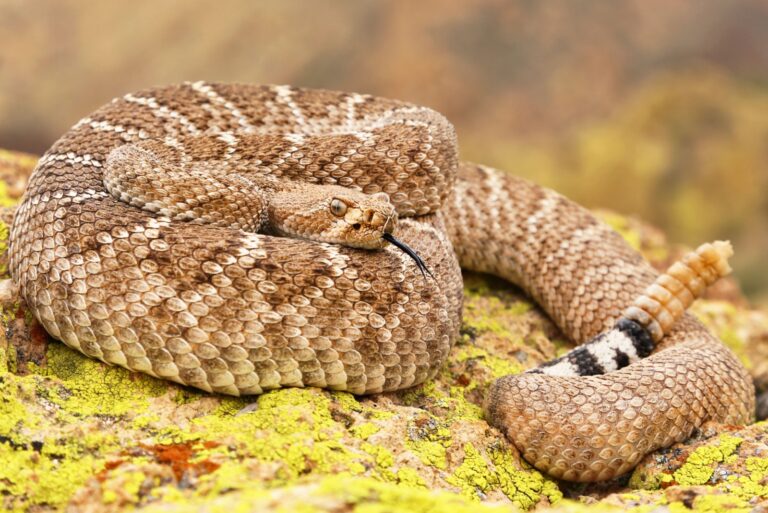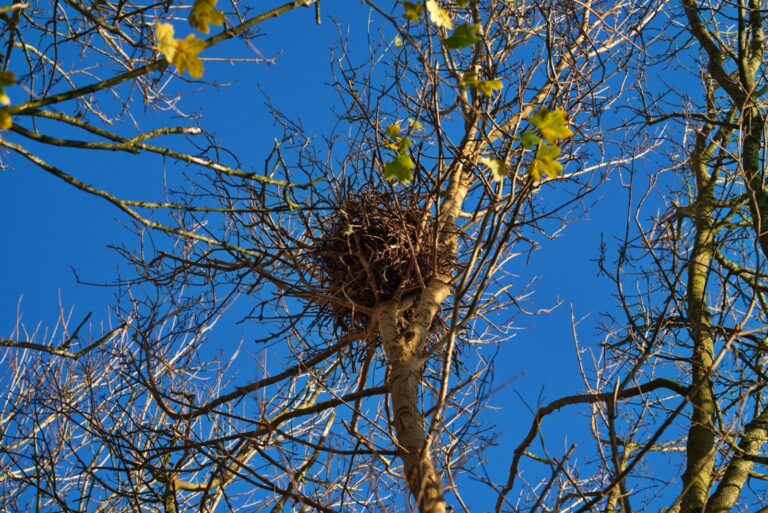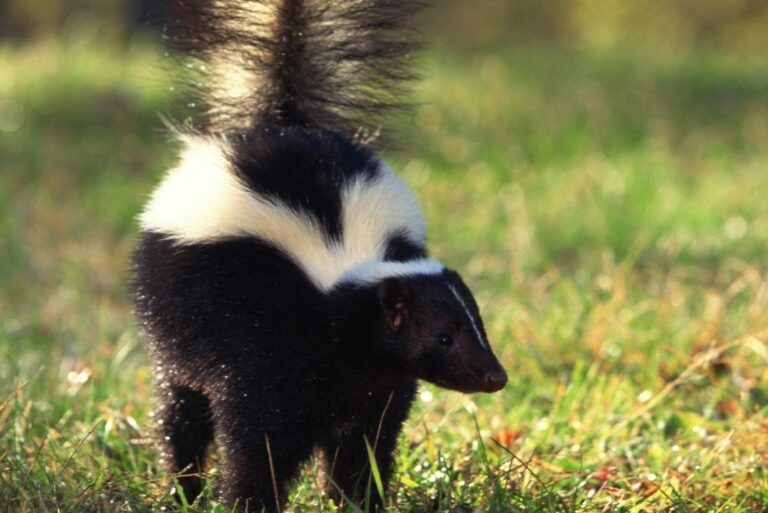11 Venomous Creatures Found In Michigan Worth Knowing About
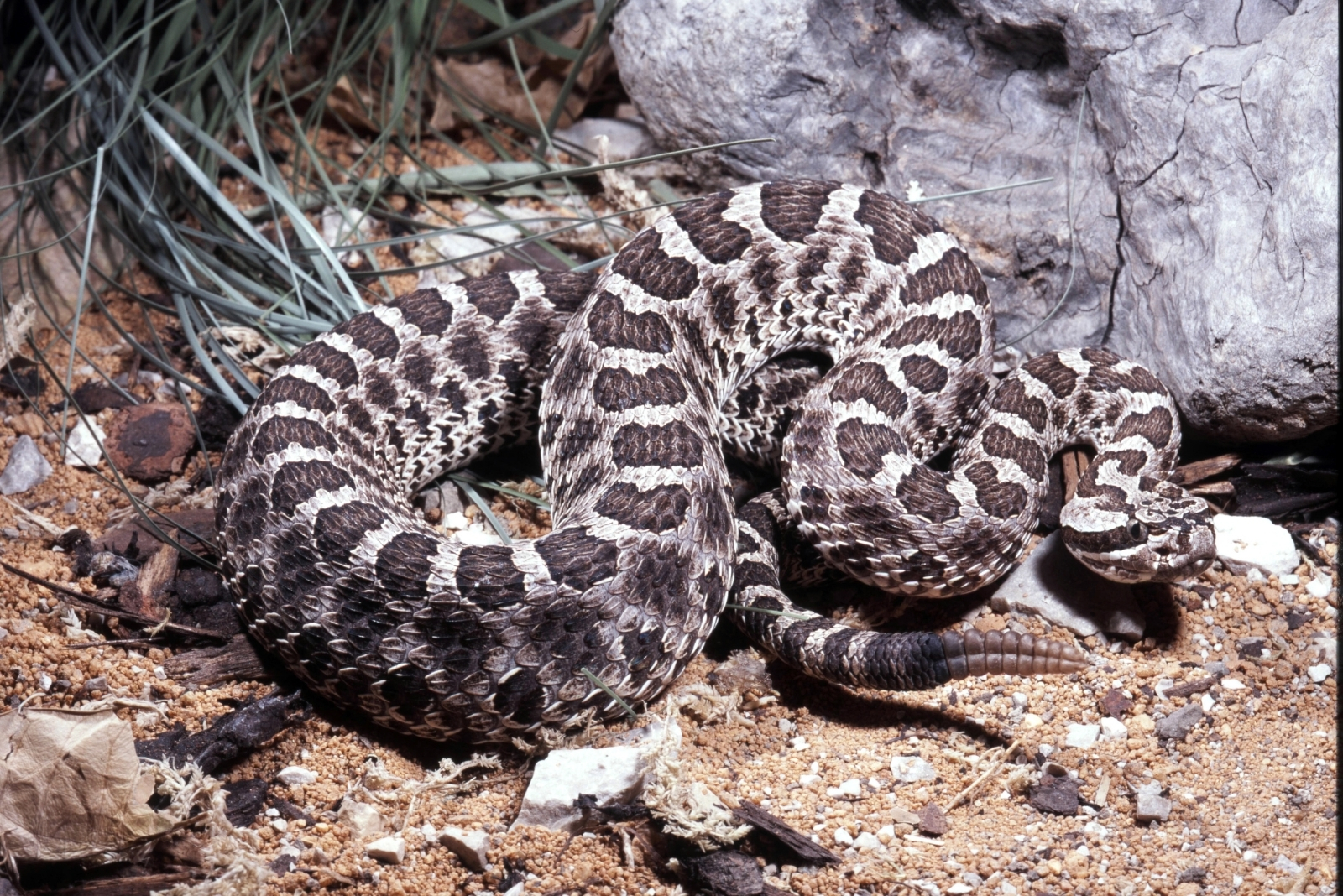
Michigan hides some surprising residents you might not expect in your own backyard. These 11 venomous creatures are worth learning about to stay safe while enjoying the outdoors.
Some are tiny but pack a serious sting, and others can catch you completely off guard. Check this list and see which ones might be sharing your yard.
1. Eastern Massasauga Rattlesnake
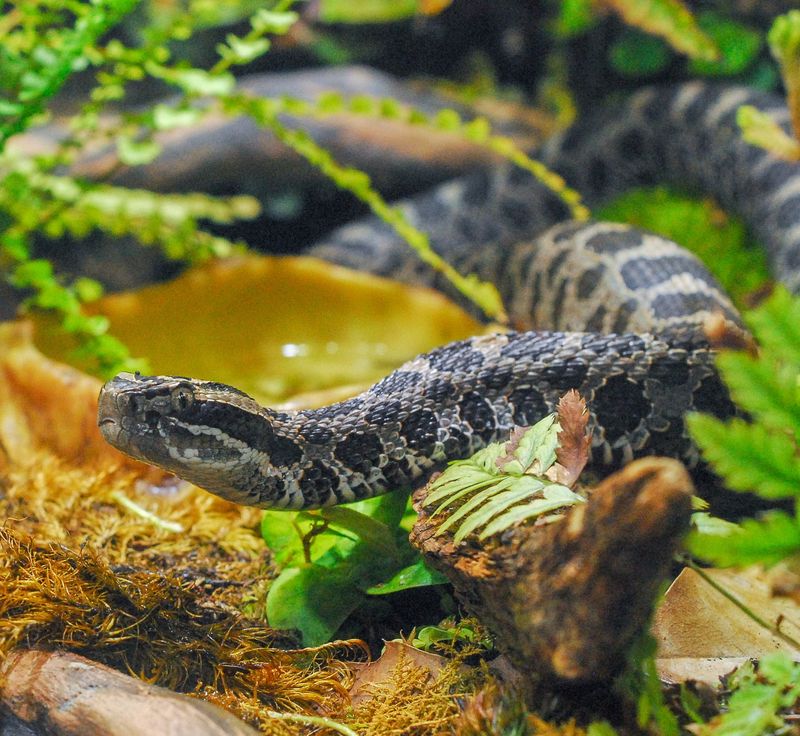
Michigan’s only venomous snake prefers wetland habitats and avoids human contact whenever possible. Its bite delivers hemotoxic venom that damages tissue and prevents blood clotting.
Though rarely fatal to adults, medical attention is essential after a bite. These shy rattlers are endangered in Michigan, so spotting one in the wild is increasingly uncommon.
2. Northern Black Widow Spider
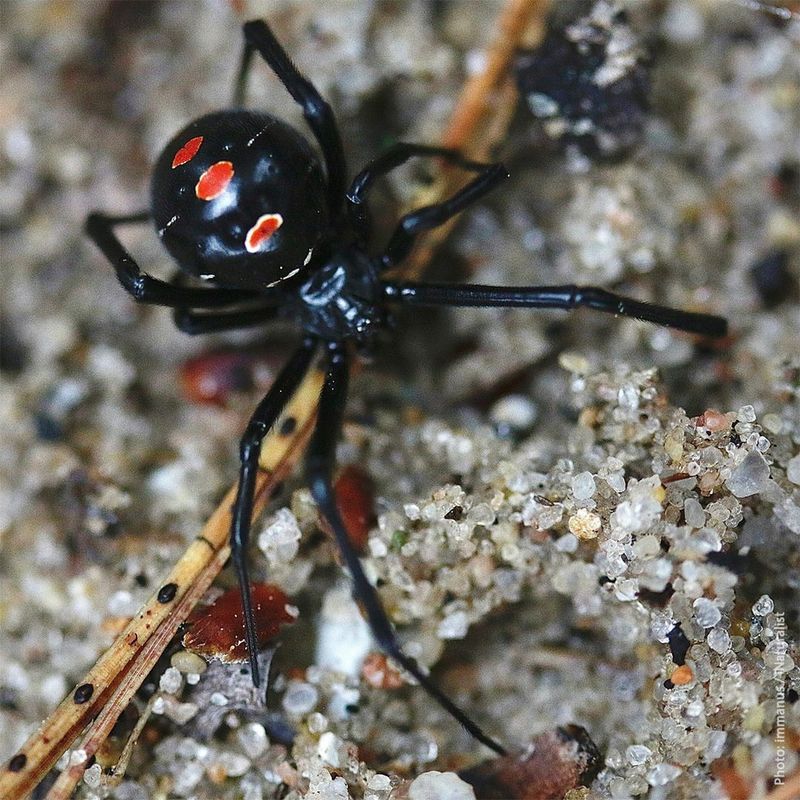
Lurking in dark corners of Michigan garages and woodpiles, these glossy black spiders sport the infamous red hourglass marking. Their neurotoxic venom causes intense pain, muscle cramping, and nausea.
Females are most dangerous, especially when guarding egg sacs. Throughout Michigan, these spiders typically avoid humans unless accidentally disturbed or threatened.
3. Yellow Sac Spider
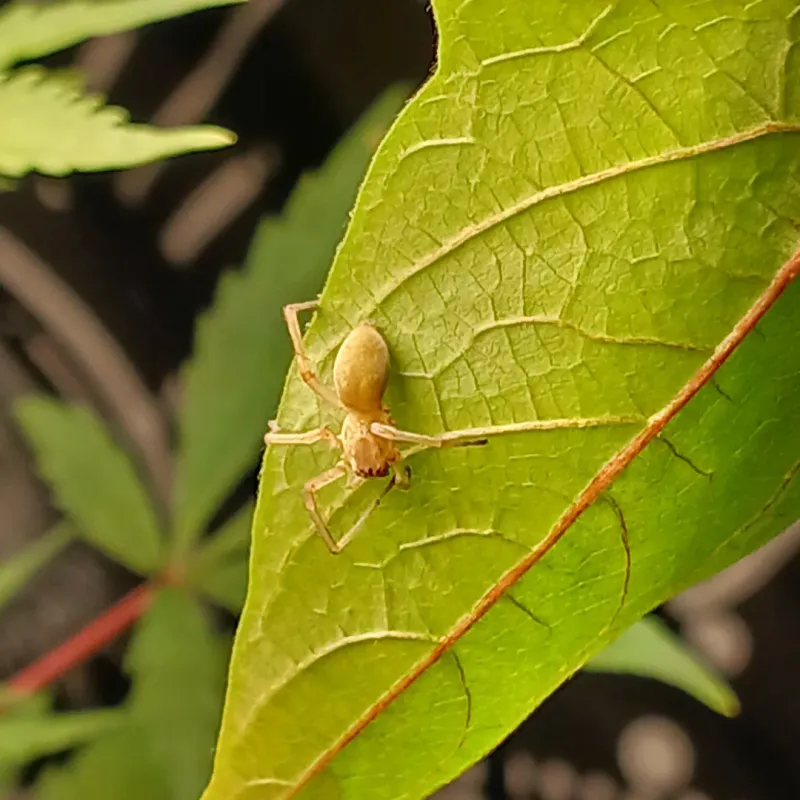
Pale yellowish hunters roam Michigan homes at night, often responsible for mysterious bites blamed on other spiders. Their cytotoxic venom causes localized pain, redness and sometimes small necrotic lesions.
Unlike web-builders, these agile predators actively hunt prey. Michigan residents frequently encounter them indoors during fall months when they seek shelter from cooling temperatures.
4. Brown Recluse Spider
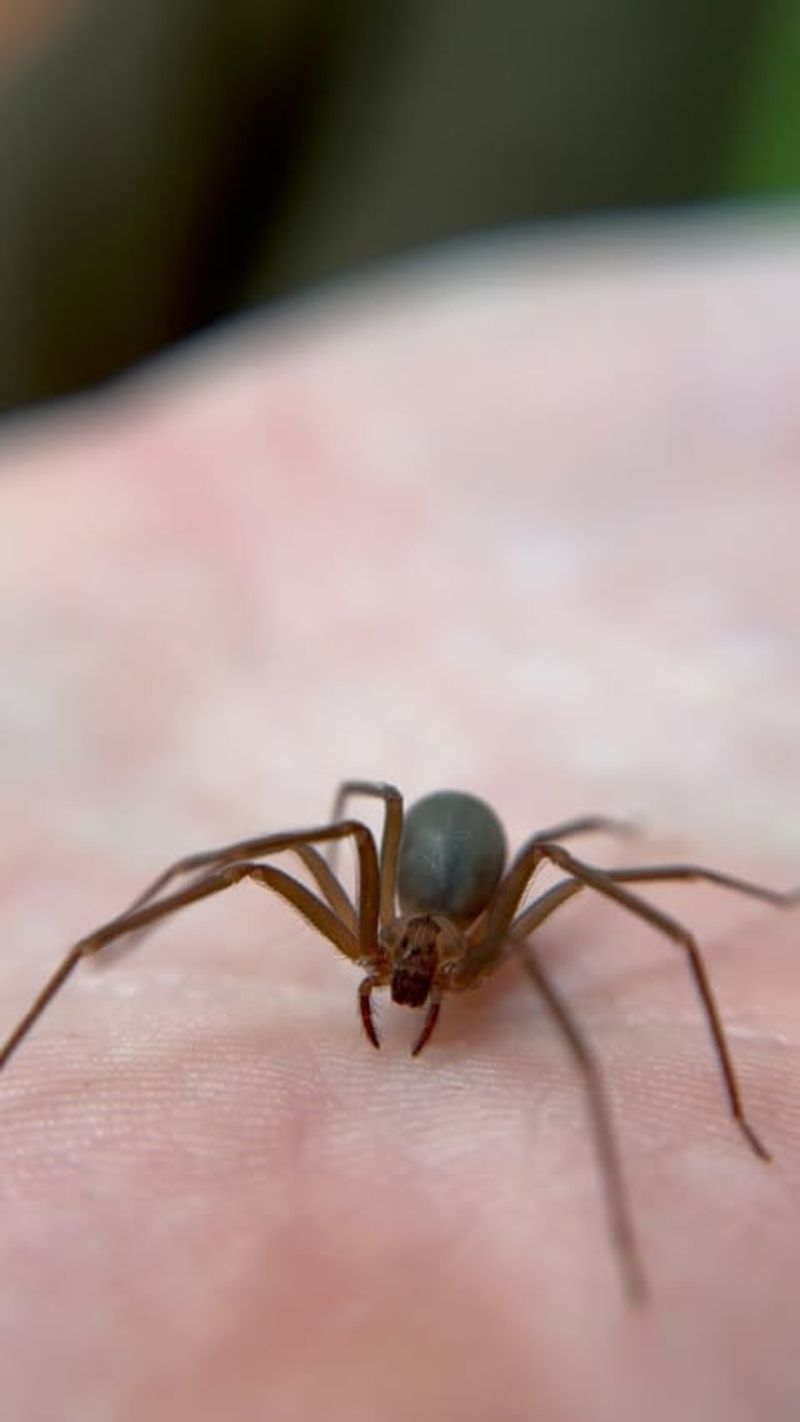
Contrary to popular belief, Michigan sits outside this spider’s natural range, though occasional hitchhikers appear. Identifiable by their violin-shaped marking, these spiders deliver venom that can cause severe tissue damage.
Michigan’s climate generally doesn’t support established populations. Confirmed sightings remain extremely rare, with most suspected cases involving misidentified common house spiders.
5. Bald-faced Hornet
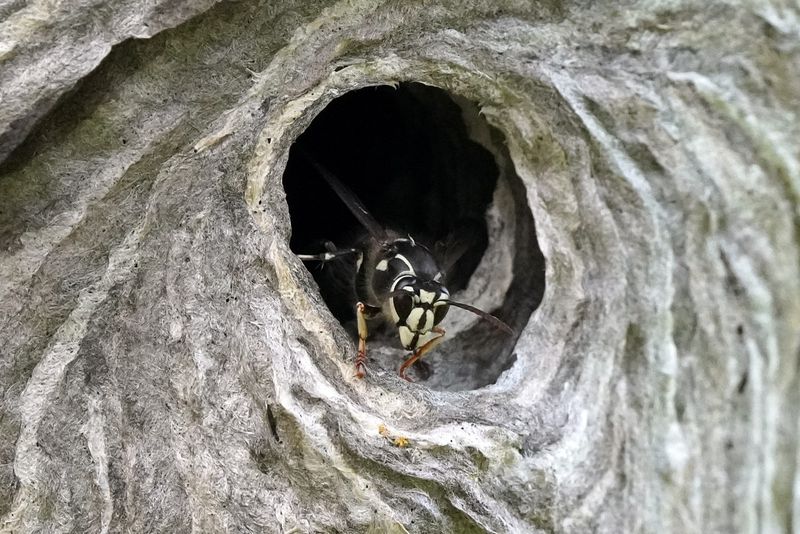
Striking black and white patterns make these aggressive hornets unmistakable throughout Michigan’s forests and gardens. Unlike honeybees, they can sting repeatedly, injecting venom that causes intense, immediate pain.
Their paper nests, often hanging from tree branches, house colonies of defensive workers. Michigan outdoor enthusiasts should give these territorial insects wide berth, especially during late summer.
6. European Honey Bee
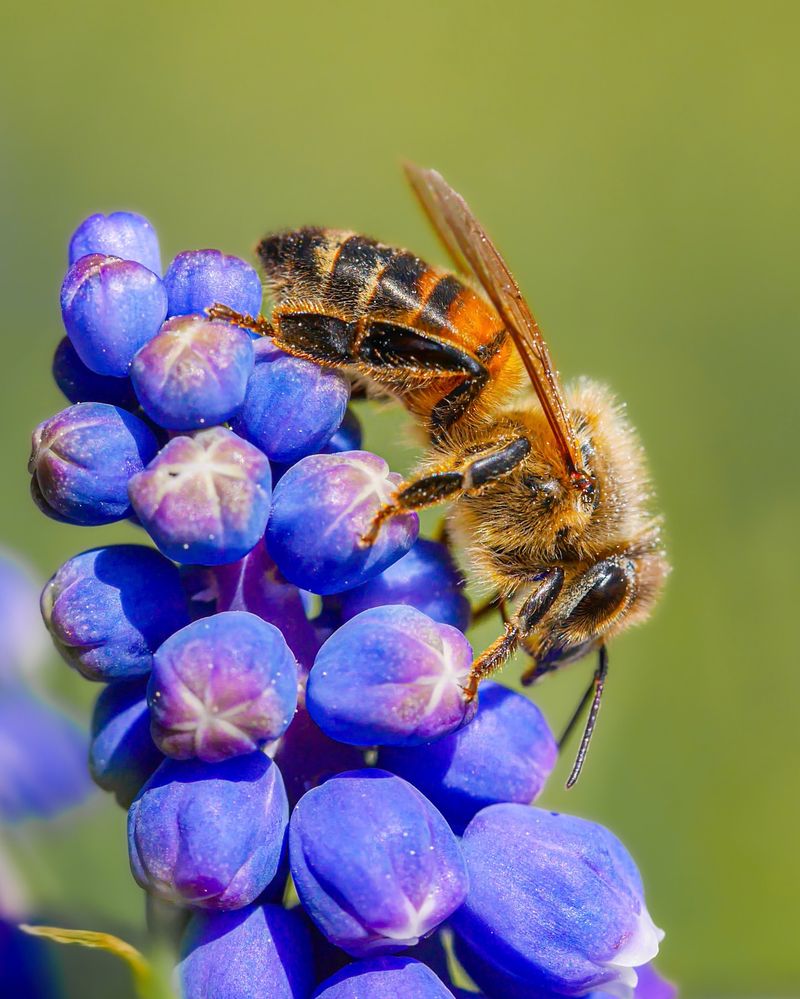
Essential pollinators across Michigan orchards and gardens, these familiar insects sting only when threatened. Their barbed stinger delivers venom causing localized pain, swelling, and itching in most people.
For allergic individuals, even a single sting can trigger life-threatening reactions. Michigan’s agricultural economy depends heavily on these beneficial insects despite their defensive capabilities.
7. Yellow Jacket Wasp
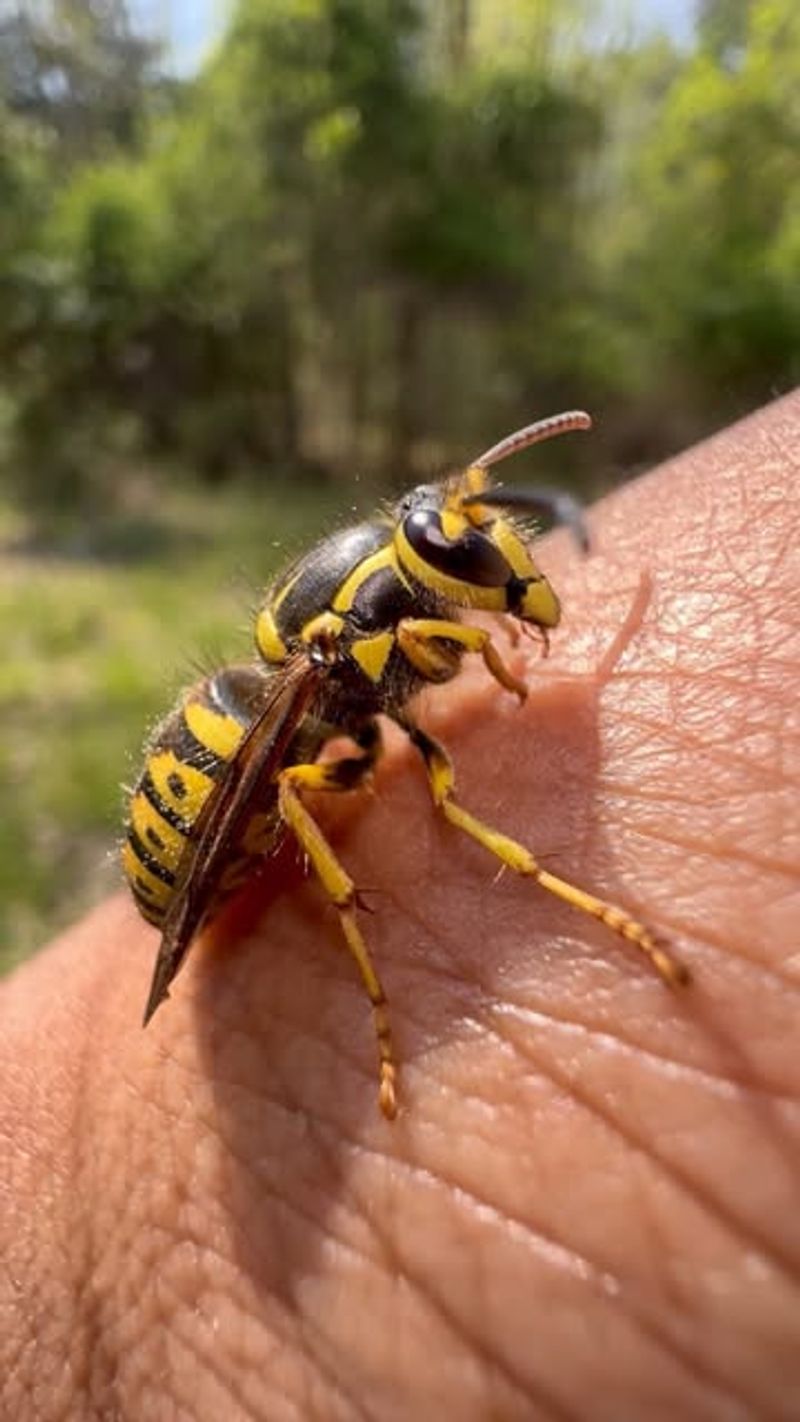
Picnic-ruining yellow jackets become increasingly aggressive as Michigan summers wane. Unlike bees, these yellow-and-black wasps sting repeatedly without losing their stinger, causing sharp, burning pain.
Ground nests hidden in Michigan lawns pose unexpected hazards to gardeners. Their attraction to sweet foods and drinks makes them unwelcome guests at outdoor gatherings across the state.
8. Paper Wasp
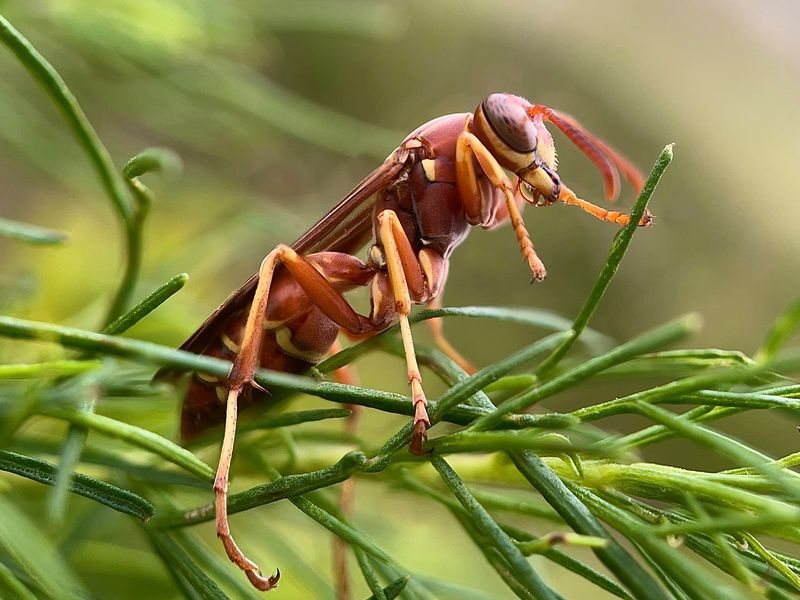
Architects of open-celled paper nests under Michigan eaves and porches, these reddish-brown wasps deliver painful stings when disturbed. Less aggressive than hornets unless their nest feels threatened, they serve as beneficial garden predators.
Michigan gardeners often tolerate distant nests for pest control benefits. Their venom causes immediate sharp pain followed by localized swelling that typically resolves within days.
9. Giant Hornet
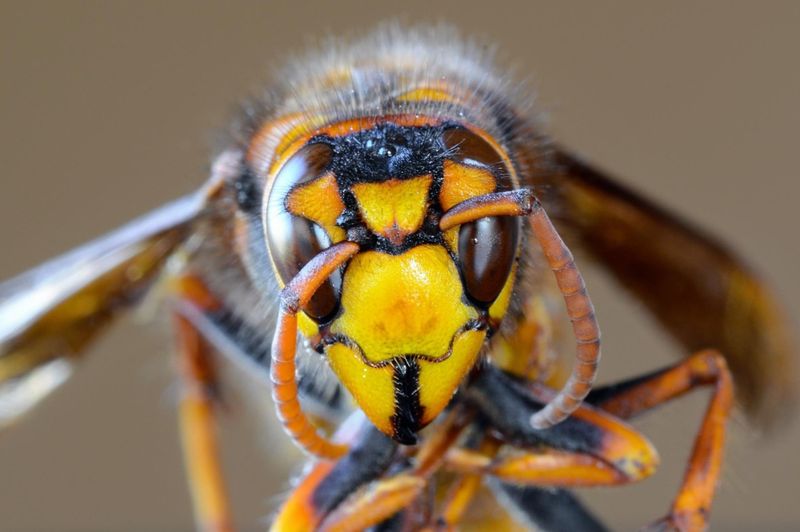
Occasional visitors rather than residents, these large hornets create panic when spotted in Michigan. Their potent venom causes excruciating pain, described as feeling like hot metal driven into skin.
Michigan’s climate generally prevents permanent populations from establishing. Media reports often misidentify native look-alikes, though vigilance remains important as climate patterns shift.
10. Striped Bark Scorpion
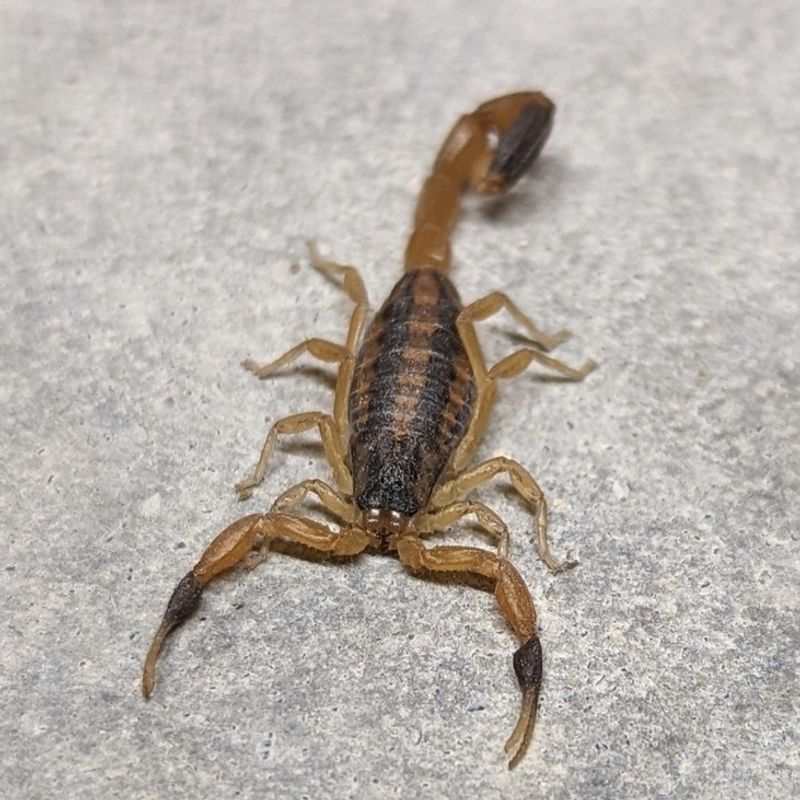
Extremely rare in Michigan, these hitchhiking scorpions occasionally arrive in produce shipments from southern states. Their venom causes intense localized pain, numbness, and sometimes temporary difficulty breathing.
Michigan’s cold climate prevents sustainable wild populations. Finding one in your Michigan home would be extraordinarily unusual and would likely involve recently delivered goods from warmer regions.
11. Lone Star Tick
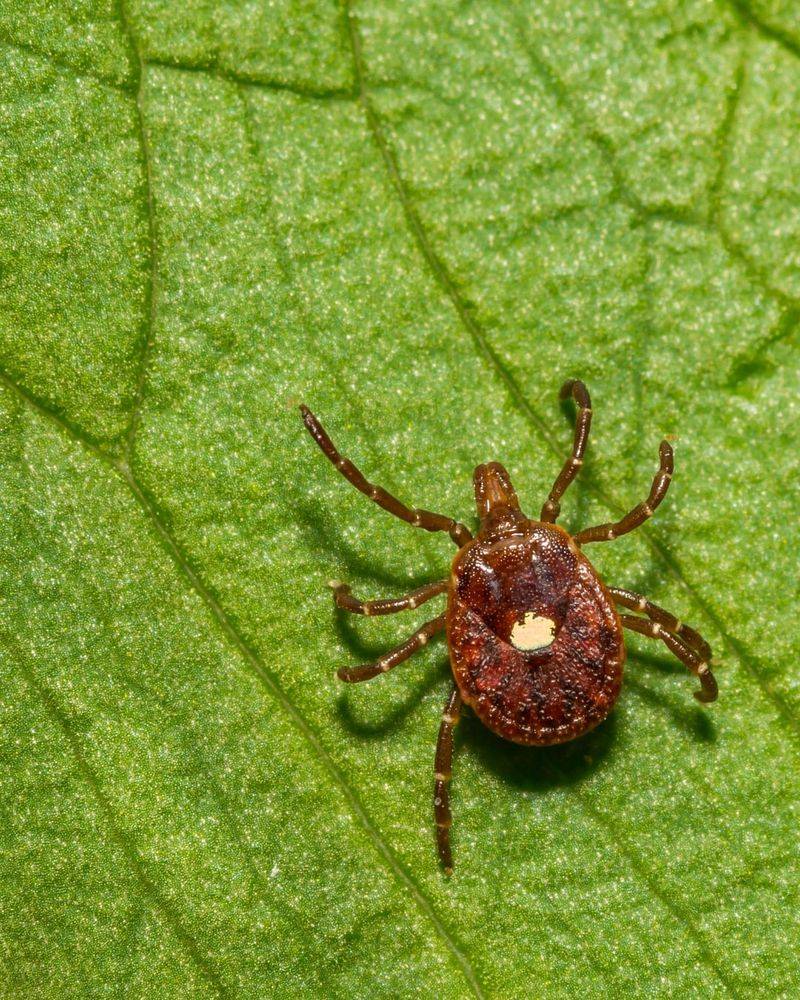
Expanding their range into Michigan, these ticks deliver venom that can trigger bizarre meat allergies in some victims. The female’s distinctive white spot makes identification straightforward when examining attached ticks.
Michigan’s warming climate has made southern regions increasingly hospitable to this species. Their bites inject saliva containing compounds that can permanently alter how some people’s immune systems respond to red meat.



